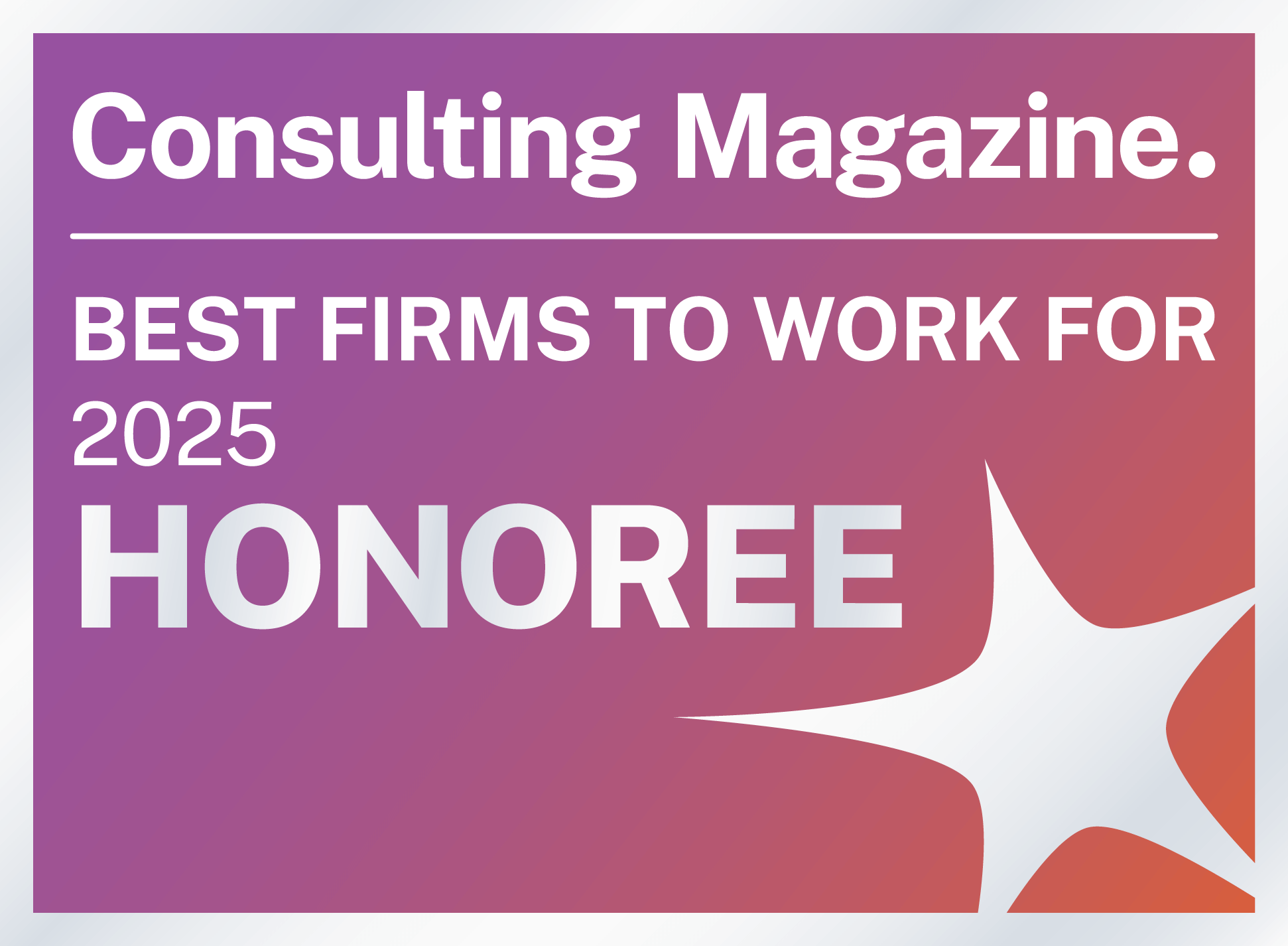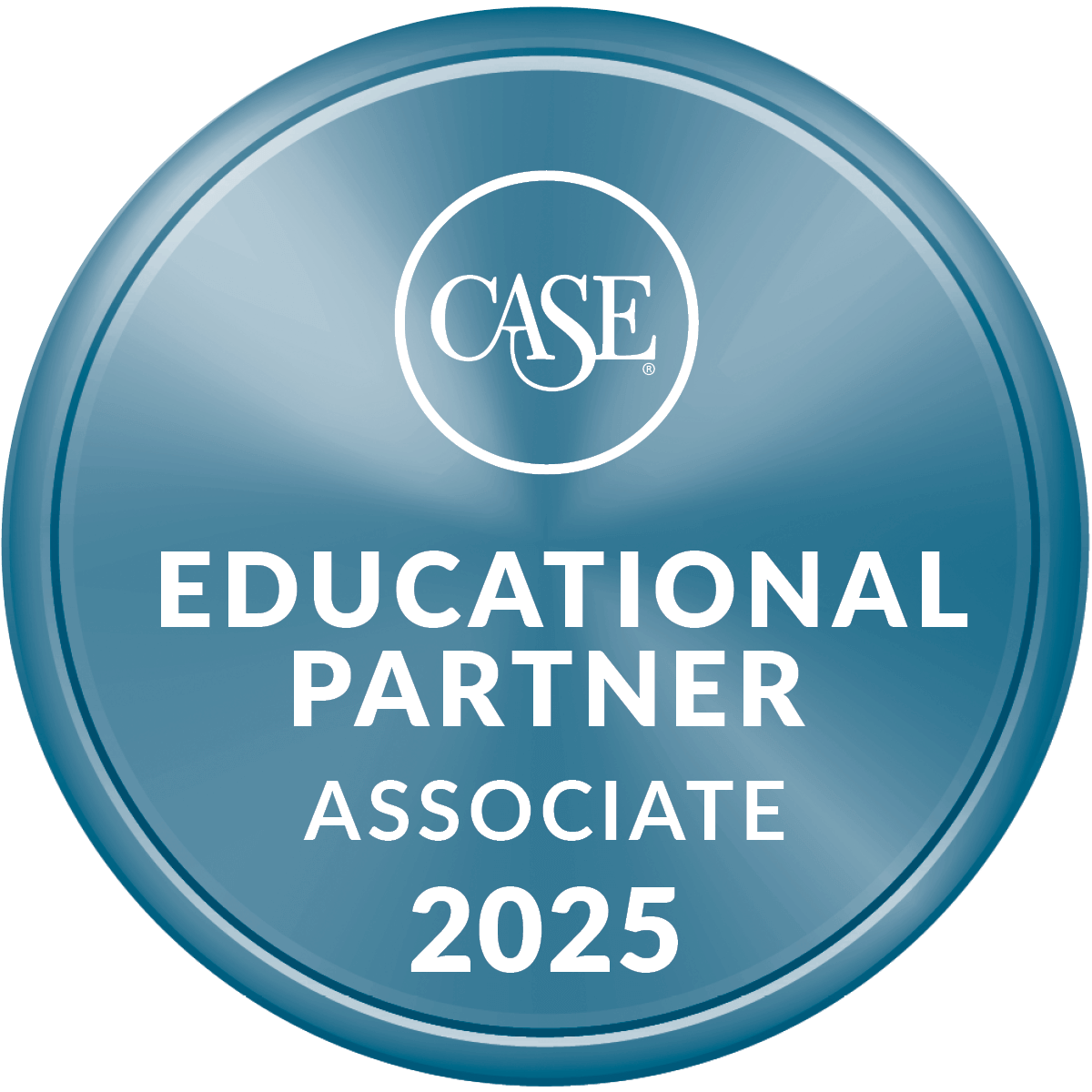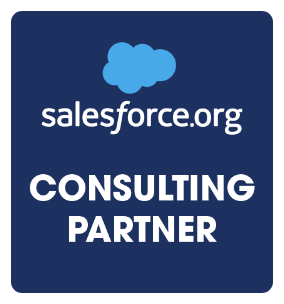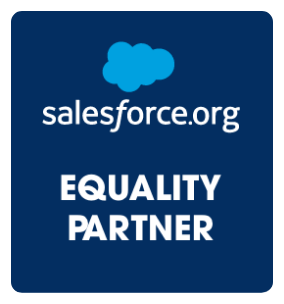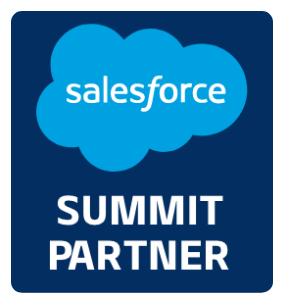
Navigating Clinical Trial Agreements, Biological Sample Use, and Patient Rights
I’ve been negotiating clinical trial agreements for 13 years. When I first entered this field, the language surrounding the use of biological samples in such agreements was standardized. There were two main features of the language:
- The language would only address the use of samples collected under the protocol, limiting their use exclusively to the study for which they were gathered. However, it was silent on the use of samples collected from patients during the study but outside of the protocol (e.g., as part of the standard of care or for unrelated research).
- Sponsors were restricted to using these samples in a manner that adhered to the terms of the protocol, the patient’s informed consent form, and applicable law.
Human specimens have been collected and stored at institutions in the United States and elsewhere for over 100 years [1]. It started with small university-based repositories developed for specific projects’ research needs. Institutional and government-supported repositories, commercial (for-profit) biorepositories, population-based biobanks, and most recently, virtual biobanks then evolved. Population-wide biobanks have been developed in several countries, including Iceland, the UK, Sweden, Denmark, Latvia, Estonia, Canada, South Korea, Japan, Singapore, and the USA [2].
Pharmaceutical concerns
These developments, while undeniably beneficial for the advancement of research, raised concerns in the pharmaceutical industry. The presence of specimens containing their experimental drug in biobanks raised the possibility that various types of research could be conducted on their product—still in the clinical testing phase—without their involvement or oversight. This began a shift in how biological samples were addressed in clinical trial agreements. The pharmaceutical industry now sought greater control over non-protocol samples collected from patients. It’s important to note that this issue is specific to the drug development space and does not extend to the medical device sector.
This is a valid concern and does pose a legitimate risk to the pharmaceutical industry. However, this risk needs to be balanced against two factors:
Decentralization
Universities and large hospital systems are decentralized operations, giving patients numerous opportunities to interact with them and contribute samples. For example, many organizations have bio-banking protocols that they encourage all patients to participate in, enabling the collection of leftover samples from standard-of-care procedures for use in research.
Patient autonomy
Patients should not lose control over their samples simply because they participate in a clinical trial and allow the testing of an experimental drug on themselves.
Solutions to address decentralization and patient autonomy
Prohibition on non-protocol sample collection
This solution is the least flexible, as it simply restricts a site from collecting samples from patients outside of the protocol. At Attain Partners, we do not recommend using this solution for two primary reasons: (a) it greatly restricts patient autonomy, and (b) it’s very difficult to embargo a patient in this way across a large medical enterprise. If you choose to implement this approach, we advise ensuring that (a) the restriction only applies after the patient has received their first dose of the drug and (b) the restriction ends at the earlier of trial completion or the washout period (the time it takes for the drug to be fully metabolized and eliminated from the patient’s system).
De-identification of samples
Another solution involves de-identifying non-protocol samples taken from patients with drugs in their system. The primary drawback of this methodology is that it significantly reduces the value of samples for future research. Additionally, it requires a process that allows the flagging of a patient’s medical record across the organization to ensure that any samples taken are de-identified when biobanked. Most organizations are not logistically equipped to implement this kind of flagging process.
Granting intellectual property rights to pharma
In this approach, if a site invents intellectual property related to the drug under the study by using non-protocol samples, the pharmaceutical sponsor of the clinical trial would hold rights to that intellectual property. These rights would be the same as those granted to drug-related intellectual property under the clinical trial agreement. However, this solution is problematic because it co-mingles unrelated projects. It may grant intellectual property rights to an investigator’s independent and unrelated research. Further, that investigator’s project may already be subject to conflicting intellectual property rights.
The Attain Partners Approach – Sponsor Permission
At Attain Partners, we believe the trade-offs presented by the options above do not provide the most effective solutions to the issue at hand. The approach we recommend creates a clearer connection to the clinical trial being conducted. Specifically, if the research using non-protocol samples involves any confidential information provided by the clinical trial sponsor or aims to study the drug being tested, the sponsor’s permission should be required. This ensures that non-protocol sample bio-banking doesn’t become a workaround for studying their product without oversight.
This solution also offers practicality for sites. If an investigator intends to use confidential information or analyze the drug being tested, they should already be in communication with the sponsor to support their study, as the sponsor would be the primary stakeholder in such research. The direct connection between the trial and the proposed research should make this a manageable solution for sites.
Biobanking must continue to facilitate future research, enabling progress toward new cures. As an industry, we must find a solution that balances the pharmaceutical sector’s concerns about unauthorized research on their products, institutions’ need to conduct research, and the protection of patient autonomy.
References
- Elseman E, Haga SB. Handbook of human tissue sources. Santa Monica: Rand; 1999.
- De Souza Y, Greenspan J. AIDS. 2013 Jan 28;27(3):303-312.

Attain Partners – Helping Your Organization Create Institutional Positions Around the Management of Biological Samples
At Attain Partners, we understand the need to balance freedom of research and patient autonomy with pharmaceutical industry concerns around the use of bio-samples. We can help your organization create policies and processes that are logistically feasible to balance these competing interests. Contact us today.
About the Author
Istvan Fekete is a Principal at Attain Partners, specializing in clinical research, contracting, and artificial intelligence. With over 13 years of progressive research administration experience, he previously served as Assistant Director of Contracts at the University of Chicago, where he developed numerous systems and processes to increase contract processing efficiency and decrease contract turnaround times. Istvan has worked with over 50 organizations, including universities, hospitals, academic medical centers, non-profits, and pharmaceutical companies. He has published articles in NCURA Magazine on topics such as the use of biological samples in clinical research and research administration in a virtual world. Istvan holds a Bachelor of Business Administration in Management, magna cum laude, from Loyola University Chicago.







